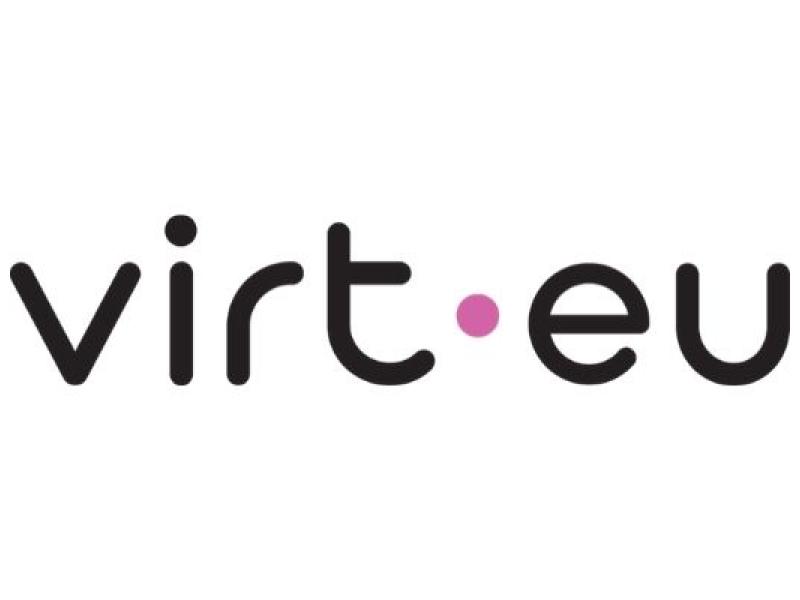
VIRT-EU
Values and ethics in Innovation for Responsible Technology in EUrope
Barbara Nino
01 January 2017
31 December 2019
EC funded project
VIRT-EU is Values and Ethics in Responsible Technology in Europe – a European project funded by the Horizon 2020 program.
We are daily exposed to news telling creepy stories about smart objects gathering people’s data, yet such an unethical practice is widely left unaddressed for the sake of technology-led economic-growth. No one yet knows how to solve the challenges of ensuring ethical data practices in the way new technologies are designed. The EU has made significant legislative and advocacy efforts to address societal concerns brought about by technological innovation in data processing. Nevertheless, we lack practical guidelines and assessment procedures to embed ethical, social and data protection values in the design and development of data-intensive technologies and services.
VIRT-EU applies an interdisciplinary research approach to generate new knowledge and methods that aim to overtake the unproved assumption according to which technological development leaves no room for ethical and moral reasoning.
VIRT-EU aims to intervene at the point of design to foster ethical thinking among developers of IoT solutions. In fact, addressing social concerns in new technologies, not only impacts changes in regulatory regimes but also influences the process of imagining and developing the next generation of digital technologies within European clusters of creative innovation.
For these reasons VIRT-EU will develop actionable tools to encourage reflection among developers on the relationship between technological innovation and societal concerns, to enable a self-assessment of the ethical and social impact of the envisioned technologies.
Project Description
The networked future promises new relationships between people and artifacts, the private and the public, the individual and the collective. The increased networking capabilities of pervasive technologies result in personal data being produced, analyzed, monetized and connected to other data streams in ways that hold both enormous potential and pose profound challenges for European society. Recent policy, such as the EU General Data Protection Regulation, reflects mounting public concerns around emerging data practices, responsible research and innovation (RRI), data ethics and privacy.
VIRT-EU addresses these concerns at the point of design through researching and intervening upon the development of cultures and ethics of the next-generation IoT innovators. They ask how do European IoT innovators and developers make ethically consequential decisions – about code, hardware, and data – for new connective devices? What assumptions about human behavior, privacy and freedom underpin European cultures of IoT innovation?
Our approach rests on the assumption that when designers of technologies talk to each other, debate and disagree about what tools to use and how to manage and respond to data, they negotiate and enact ethics. In this process they have the capacity to develop ethically from who they are to who they might ideally become. Our project seeks to identify and intervene in the ethical processes enmeshed in technological innovation, particularly addressing the Internet of Things (IoT) sensing technologies that collect and algorithmically process personal data
Category:
- Identity, behaviour, ethics and Privacy
Vertical Category:
- ICT

News
On the event of the adoption of the draft regulation laying down measures for a high common level of cybersecurity at the institutions, bodies, offices and agencies of the Union, the AI4HealthSec project kicked off a process to provide its opinion.
Video
Products
Are you looking for new Cybersecurity or Privacy services?
Find the right solution for your security needs!
Our research results demonstrate how ethical questions can and should be addressed in the development of technology.
The Ethical Stack is a series of tools to support creators of new connected technology to reflect on their product’s ethical and social impacts.
Resources for EU Research
Resources for SMEs
News & Events
Reports
Cyberwatching.eu has received funding from the European Union’s Horizon 2020 research and innovation programme under grant agreement No 740129. The content of this website does not represent the opinion of the European Commission, and the European Commission is not responsible for any use that might be made of such content. Privacy Policy | Disclaimer / Terms and Conditions of Use


